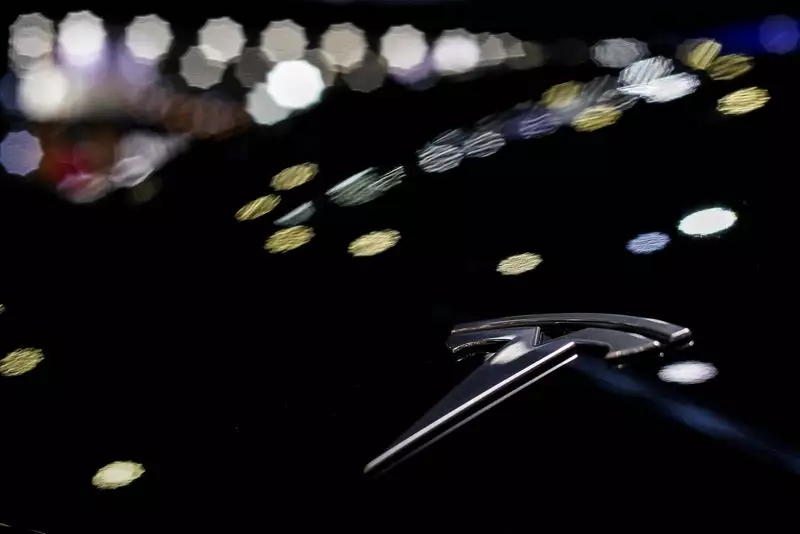In a notable turn of events in the financial and automotive sectors, JPMorgan Chase has opted to withdraw its lawsuit against Tesla concerning stock warrant transactions established in a contract dating back to 2014. This decision was made public through a brief court filing made in a Manhattan courtroom, where both parties indicated their intent to drop all claims against one another without disclosing any terms of settlement. The lawsuit had its roots in allegations from JPMorgan that Tesla had violated the terms of their agreement linked to stock warrants, a financial instrument that gives its holder the right to purchase company shares at a predetermined price.
The legal tussle began in November 2021, when JPMorgan filed a lawsuit seeking $162.2 million after claiming that Tesla’s actions—specifically a controversial tweet by CEO Elon Musk—changed the dynamics of the stock market in a manner detrimental to the bank’s financial interests. Musk’s now-infamous tweet from August 2018 hinted at taking Tesla private at $420 per share, which created an unprecedented surge in market volatility. Following this tweet, JPMorgan argued that they were forced to re-evaluate the warrant’s strike price to reflect the increased fair market value.
In a dramatic fluctuation within the market, Musk later abandoned his plan to take Tesla private, yet the damage had already been done according to JPMorgan. They insisted that this forced them to readjust the terms of the warrants to align with this newfound volatility, exposing Tesla to additional financial obligations that they argued were not met.
In January 2023, Tesla retaliated with a countersuit against JPMorgan, accusing the banking giant of attempting to seize a profit that it was not entitled to when it repriced the warrants. Tesla’s stance centered around the notion that JPMorgan was maneuvering to exploit circumstances to gain financially beyond what had been originally agreed upon, a sentiment that highlighted the contentious nature of their business relationship.
The decision to drop the lawsuit has raised questions about the implications for both JPMorgan and Tesla. From a financial perspective, the absence of a court-mandated outcome eliminates the potential for a drawn-out legal engagement that could have adversely affected stock market perceptions of both entities. The swift conclusion to their dispute suggests a possible desire from both parties to avoid the public relations fallout associated with prolonged litigation.
As both companies move past this legal hurdle, observers are left to ponder the future dynamics of their relationship. Tesla, which has been under scrutiny for its corporate governance practices, particularly concerning the implications of Musk’s social media presence, can now refocus on its core business objectives. Conversely, JPMorgan must evaluate its investment strategies in the ever-fluctuating electric vehicle market, especially as the sector continues to evolve rapidly. The resolution of this case, while understated, has significant repercussions that underscore the complexities involved in modern financial agreements within today’s market landscape.

